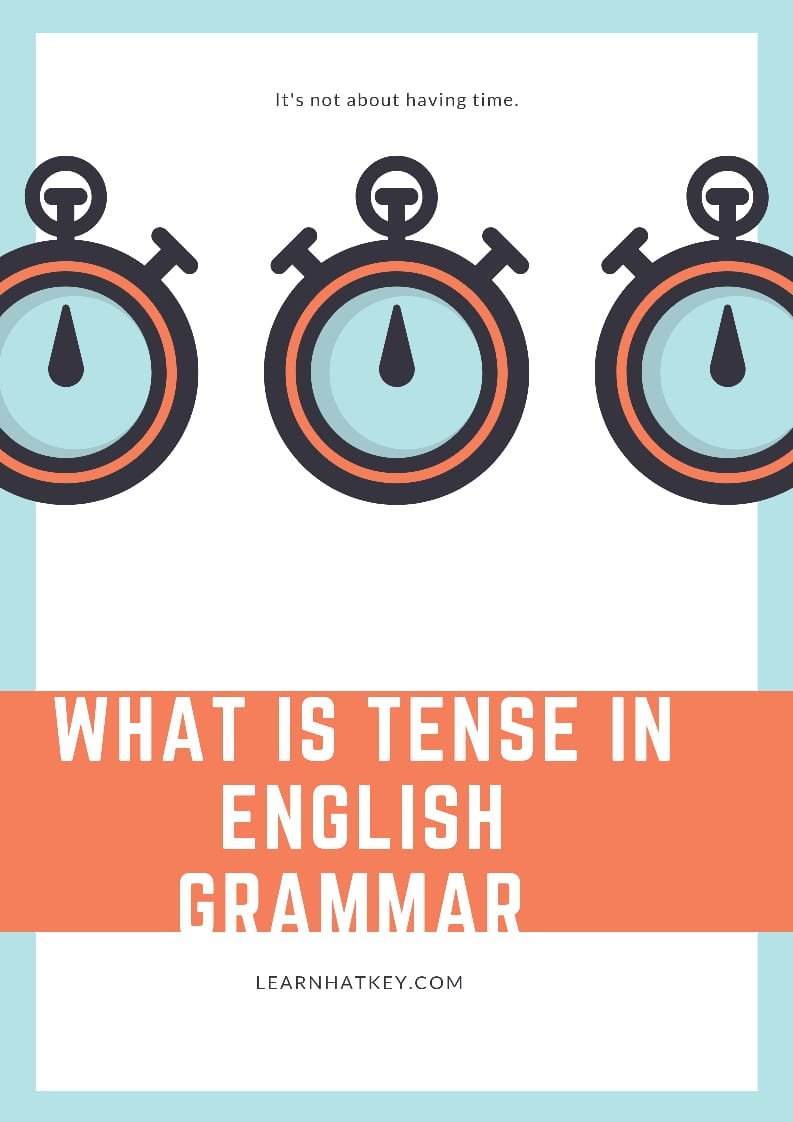Shree Ganeshay Namah
How to use Unless and If-not in the sentences
Table of Contents
Introduction
There are many sentences with unless and if-not in English speaking and writing. Using this structure requires knowledge about it such as tense in compound sentence formed by unless or if-not use of not correctly in them.
Here we will see all the details regarding the right use of unless and if not, their meaning, clause they form and sentences with unless as a conjunction.
Meaning of unless
Basically, unless has a negative meaning. Unless means if-not or except when. The sentences with unless show condition and rightly called as conditional sentences.
Sentences with unless or if as a conjunction
Unless or if can be used at the beginning of the complex sentence or between the two clauses as subordinating conjunction.
Eg. 1)You will never know unless you try.
2)You will never know if you do not try.
In the above sentences, unless and if are used as subordinating conjunctions of Adverb clause of condition
What is the type and name of the clause with unless and if-not?
The subordinate clause that begins or includes unless or if is called as Adverb clause of the condition and it shows the condition for the action mentioned in the main clause.
It will be clear from the following examples.
1)Unless you work hard, you will not succeed.
Here the main clause-You will not succeed.
Sub-ordinate clause (Adverb clause of condition)-Unless you work hard.
In the above sentence subordinate clause shows the condition necessary for the action mentioned in the main clause.
2)You can not catch the train if you do not hurry.
Here the main clause-You can not catch the train.
Sub-ordinate clause (Adverb clause of condition)-If you do not hurry.
Types of conditional sentences with unless and if-not
Type 1)Simple present tense+ Simple future tense with unless/if-not
When we use unless in the simple present tense, Another clause is in the simple future tense.
Here are some of the examples of this usage.
- If you do not run fast, You will not catch the bus.
- Unless you run fast, you will not catch the bus.
Here both the first sentences are in simple present tense and sentences after the commas are in the simple future tense.
1)We will not win if we do not play well.
2)We will not win unless we play well.
1)If he does not read books, he will not understand them.
2)Unless he reads books, he will not understand them.
1)If you are not ready, we will not go.
2)Unless you are ready, we will not go.
Type 2)Simple past +would(conditional future) sentences with unless/if-not
If we use unless/if-not in simple past tense then the next sentence is with would(conditional future)
The following examples will make it clear.
1)If you did not call me, I would not come.
2)Unless you called me, I would not come.
Here the first sentence is in simple past and the second is in future conditional.
1)If you did not help him, he would not finish work.
2)Unless you helped him, he would not finish work.
1)If he did not try hard, he would not succeed.
2)Unless he tried hard, he would not succeed.
1)If he was not ready, he would not do it.
2)Unless he was ready, he would not do it.
If/unless exercises with answers
Here we will see if/unless exercises with answers.
First, we will use unless in sentences with if-not.
Rules for using unless in if-not sentences
1)Use unless in place of if and remove not, do not, does not(after removing does not use s/es suffix with the main verb in the sentence)
2)If there is did not in the sentence, use v2 of the main verb.
Examples-
1)If you are not hungry, you will not eat.
Answer-Unless you are hungry, you will not eat.
2)If we do not take care of work, we will not do it correctly.
Answer- Unless we take care of work, we will not do it correctly.
3)If she does not prepare for the exam, she will not pass.
Answer- Unless she prepares for the exam, she will not pass.
4)If they did not solve sums, they would not be rewarded.
Answer- Unless they solved sums, they would not be rewarded.
How to use if-not in the sentences with unless.
1)Unless you sing well, we will not listen to you.
Answer- If you do not sing well, we will not listen to you.
2)Unless he is happy, he will not laugh.
Answer- If he is not happy, he will not laugh.
3)If john does not ask me, I will not tell him.
Answer- Unless John asks me, I will not tell him.
4)Unless we started, we would not reach the end.
Answer- If we did not start, we would not reach the end.
How to use unless in affirmative sentences with if
We know that unless has a negative meaning and it is equal to if-not. So we should use not in the main clause or use an opposite word to keep the meaning of the sentence the same when we use unless in the complex sentence.
Eg. 1) If you run fast, you will win the race.
Answer- Unless you run fast, you will not win the race.
2)If he plays well, he will win.
Answer- Unless he plays well, he will not win.
3)If they studied hard, they would pass.
Answer- Unless they studied hard, they would not pass.
Or
Unless they studied hard, they would fail.
Here we have used the opposite of pass as fail to keep the meaning the same.
How to use unless when the main clause is negative
When main there is if in the sentence and main clause sentence is negative, then make main clause sentence affirmative.
Eg. 1) If you tell me, I will not object.
Answer- Unless you tell me, I will object.
Conclusion
Here we come to the concluding part of the use of unless and if-not in sentences. We can use them in the complex sentences of adverb clauses of condition.
Give your feedback through comments.
With love+ respect from team learnhatkey.com







One thought on “Use of unless and if-not in the sentences”